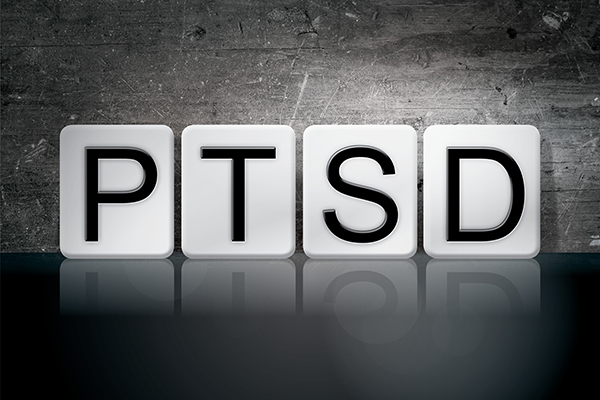PTSD Treatment Options

Posttraumatic stress disorder (PTSD) is a form of anxiety disorder, resulting from a scary or severely threatening situation, and typically requires PTSD treatment. Even if it did not affect you directly, the shock of the situation could be so intense and surreal that living a normal life afterward may be very difficult.
People dealing with PTSD may also experience insomnia, low self-esteem, recurrent memories and many painful or unbearable emotions. You may find yourself reliving the moment or lose your recollection of the event altogether.
If you have PTSD, you may feel that living a normal life once more may be impossible. However, PTSD treatments involve short or long-term psychotherapy and medications. Usually, the treatments are more effective when used together, and the options typically depend on the individual, since all cases of PTSD are unique.
PTSD treatment
Therapy for PTSD has three primary objectives:
- Improve the symptoms
- Restore self-esteem
- Teach coping skills
Most PTSD treatments are categorized under cognitive behavioral therapy (CBT). The notion is to alter the thought patterns that are tormenting your life. This is achievable by conversing about the trauma or focusing on the origin of the fear. Depending on the case, group or family therapy may be the better option compared to individual sessions.
Cognitive Processing Therapy (CPT)
This treatment goes on for 12 weeks, with sessions lasting between 60 to 90 minutes. In the beginning, you will discuss the traumatic event with the therapist and how your perception of it has changed your life. Afterward, you will write comprehensively about the incident. This procedure helps you evaluate how you perceive the scary event, and develop new methods of living with it.
For instance, you may blame yourself for a situation. The therapist will assist you in considering the circumstances that were out of your control to help you move on, understanding and realizing that you were actually not to blame, regardless of what you or did not do.
Prolonged Exposure Therapy (PET)
If you have refused to deal with the factors that make you remember the traumatic event, PET will help you deal with them. PET requires eight to 15 sessions, typically about 90 minutes per session.
At the commencement of the treatment, you will learn breathing techniques to ease the anxiety. Afterward, you will note the things you have been dodging and learn how to confront them individually. You will also narrate the traumatic event to your therapist, then go home to hear the recording.
Eye Movement Desensitization and Reprocessing (EMDR)
With this treatment, you may not have to retell the experience. Rather, you will focus on it as you listen or watch what the therapist is doing. This PTSD treatment aims to help you create positive thoughts when you remember the trauma and usually requires about three months of weekly sessions.
Stress Inoculation Training (SIT)
This is a form of CBT and can be performed individually in a group. You do not have to describe the event. It focuses more on transforming how you deal with stress caused by the incident. The training will include massage, breathing and other techniques to relax your body and block negative thought. The therapy takes about three months.
Medications
Medications are effective for managing your reaction to the event, such as blocking nightmares and flashbacks. The medicines prescribed typically affect neurotransmitters serotonin or norepinephrine. Drugs may not eliminate the symptoms, but they can reduce the intensity and make them more manageable.
The bottom line
Every case of PTSD is unique. Seek help from a professional if you believe you might be suffering from PTSD.
Check out what others are saying about our services on Yelp: Read our Yelp reviews.
Related Posts
Post-traumatic stress disorder PTSD treatment continues to evolve, especially for individuals who do not find enough relief with traditional talk therapy or standard medications alone. PTSD affects the brain's stress circuits, mood regulation, and sleep, which can make daily life feel overwhelming. Modern interventional psychiatry focuses on advanced therapies that help the brain reset and…
Depression can be difficult to manage, particularly for those who do not respond to traditional antidepressants and other methods. In these cases, spravato for depression offers a new and effective psychiatric treatment option. This FDA-approved medication, also known as esketamine, is administered as a nasal spray under medical supervision. It has shown remarkable results for…
Treatment-resistant depression can leave patients feeling stuck, even after exploring different medications and approaches to therapy. The good news is that TMS therapy, or transcranial magnetic stimulation, offers a new way forward. This innovative and noninvasive psychiatric treatment aims to restore healthy communication between brain regions responsible for mood, emotion, and focus, providing a path…
Ketamine therapy is an effective treatment method for treatment-resistant mental conditions, such as depression, anxiety disorders, and post-traumatic stress disorder (PTSD). However, common misconceptions may prevent individuals from choosing this treatment and obtaining the relief they need. Our team is here to dispel the three most common myths surrounding ketamine therapy so you can make an…


